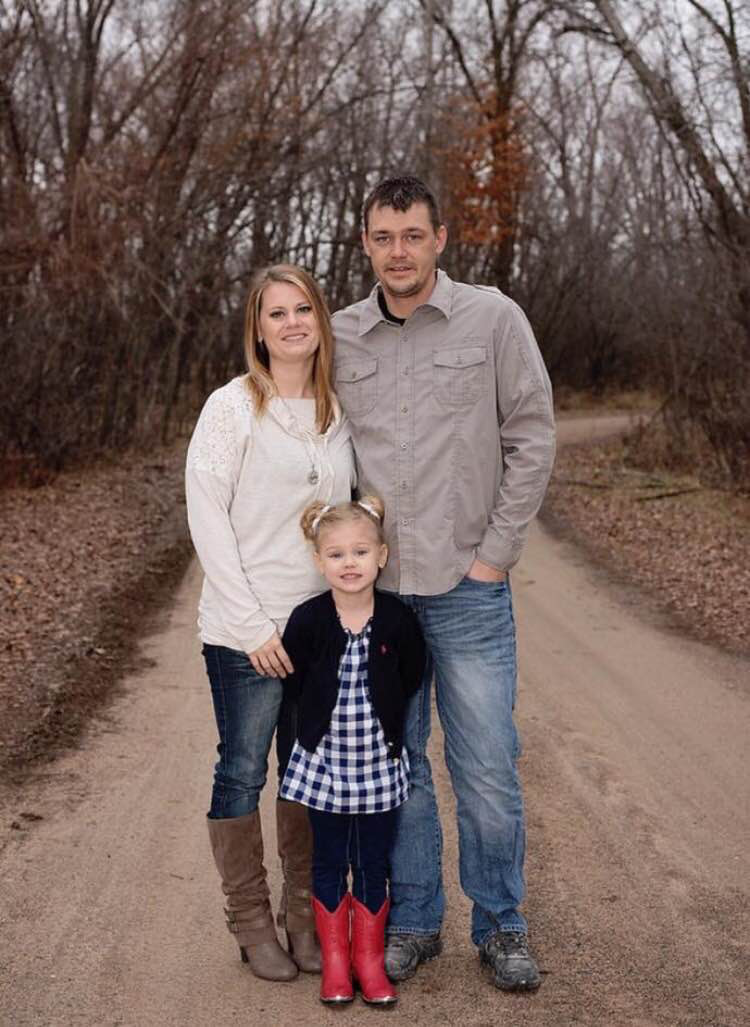
What are you grateful for this Thanksgiving? If the current political climate has you feeling slightly stumped, take a deep breath—and if the air flows easily, you’ve got your answer: Be grateful for your healthy lungs.
After all, November isn’t just the month the nation elected a new president; it is also Lung Cancer Awareness month. And as someone who lost her own mother—a never smoker, just 62 years old—to this disease, I can’t emphasize enough how important it is that every one of us be on high alert. Lung cancer kills more women than breast cancer, colon cancer, and pancreatic cancer combined, and yet according to a recent survey by the non-profit American Lung Association's Lung Force, 98 percent of women do not have it on their health radar.
If they did, it’s possible more cases could be caught early, when the cancer is often treatable. Instead, lung cancer’s five-year-survival rate is grim—just 17.7 percent. My own mother lived with lung cancer for just three weeks.
But lung cancer survivor Kelly Colling, 34, mother to a 5-year-old daughter, refused to let her doctors ignore her earliest symptoms, and today she is cancer-free. She spoke to Parents about her journey, her fear, and her determination to continue to beat the odds.
Parents: Tell us how you came to be diagnosed with lung cancer.
KC: It was July 2015, and my stomach just wasn’t feeling right. I let it go on for about three weeks before I went to my doctor, who said it was nothing. But I knew it wasn’t, so I got another opinion. That doctor ordered a CT scan of my abdomen, and the image picked up the bottom portion of my lungs. That’s when they found a 9-millimeter lung nodule. But even then the doctor told me that nodules are normal and that I could simply check it again in three months. But I work in medicine—I’m a certified medical assistant—so I always worry. I got a referral to a lung nodule clinic, where they decided to perform a biopsy. Those results came back abnormal, but even then, I thought it was probably a benign tumor, and was told, again, that I could wait. I opted to have the tumor removed, and that’s when I received a diagnosis of non-small cell adenocarcinoma. Five days later the entire lower lobe of my left lung was removed.
Did you comprehend the gravity of the diagnosis?
It didn’t hit me until I was discharged and I started doing follow-ups with an oncologist. In the hospital they told me, “You’re cured. Your tumor is gone. There’s nothing there.” But when you start regular scans, you realize this is going to affect the rest of your life. Even when I’m healthy, it’s affecting me emotionally.
Was lung cancer on your radar at all before your diagnosis?
Not at all. I wish it had it been. I mean mine was still caught early, but who would’ve thought that a 33-year-old healthy woman could have lung cancer?
How has the diagnosis impacted your daily life?
I smoked–mostly socially—for about five years. Now, of course, I don’t smoke. But even people who have never smoked can get lung cancer. The stigma that it is a smoker’s disease is wrong. After the surgery, I also started a routine of exercising. I do it three days a week. I do get occasional nerve pain on my side, but it’s bearable. These days I can do everything I could before: run, jog, all of it.
I also appreciate life a lot more—all the small things. As sad as it is to go through something so severe, it makes you realize what is important. I’m also passionate now about getting out the message that every one of us has to be her own health advocate. Watch for signs that something is wrong, and draw attention to them. I feel strongly that we need earlier detection for young people and older people, too—not just elderly people who smoked for years and years. We need to screen people who would never think they could get lung cancer and who won’t put it into their mind until it’s too late.
Was your relationship with your daughter affected?
It’s not that she wasn’t a mama’s girl before, but she’s really a mama’s girl now. We didn’t hide it from her. We were very open with her. We had another family member—my sister-in-law—who was going through colon cancer at the exact same time. She was 35, and I was 33. So I had a connection with somebody my age, even though it wasn’t the same type of cancer. My daughter would always say, “Is Auntie Tina okay?" And "Mommy, is your cancer gone?” So she knows. She doesn’t know technical things about cancer, but she knew her mom was sick for a while.
Now that you are in remission, what is your biggest fear?
My cancer was stage 1b—pretty much as early as it can be found. But the chance of recurrence is still high. Only about half of patients who catch lung cancer early survive more than five years. That’s because when it comes back, it grows quickly. I will fear that the rest of my life. Especially now, while my daughter is young and all I can think about is being there to see her grow.
To learn more about lung cancer in women, or to share your own lung cancer story, visit lungforce.org.
Julia Edelstein, a mom of one (with another on the way), is the senior health editor at Parents.
